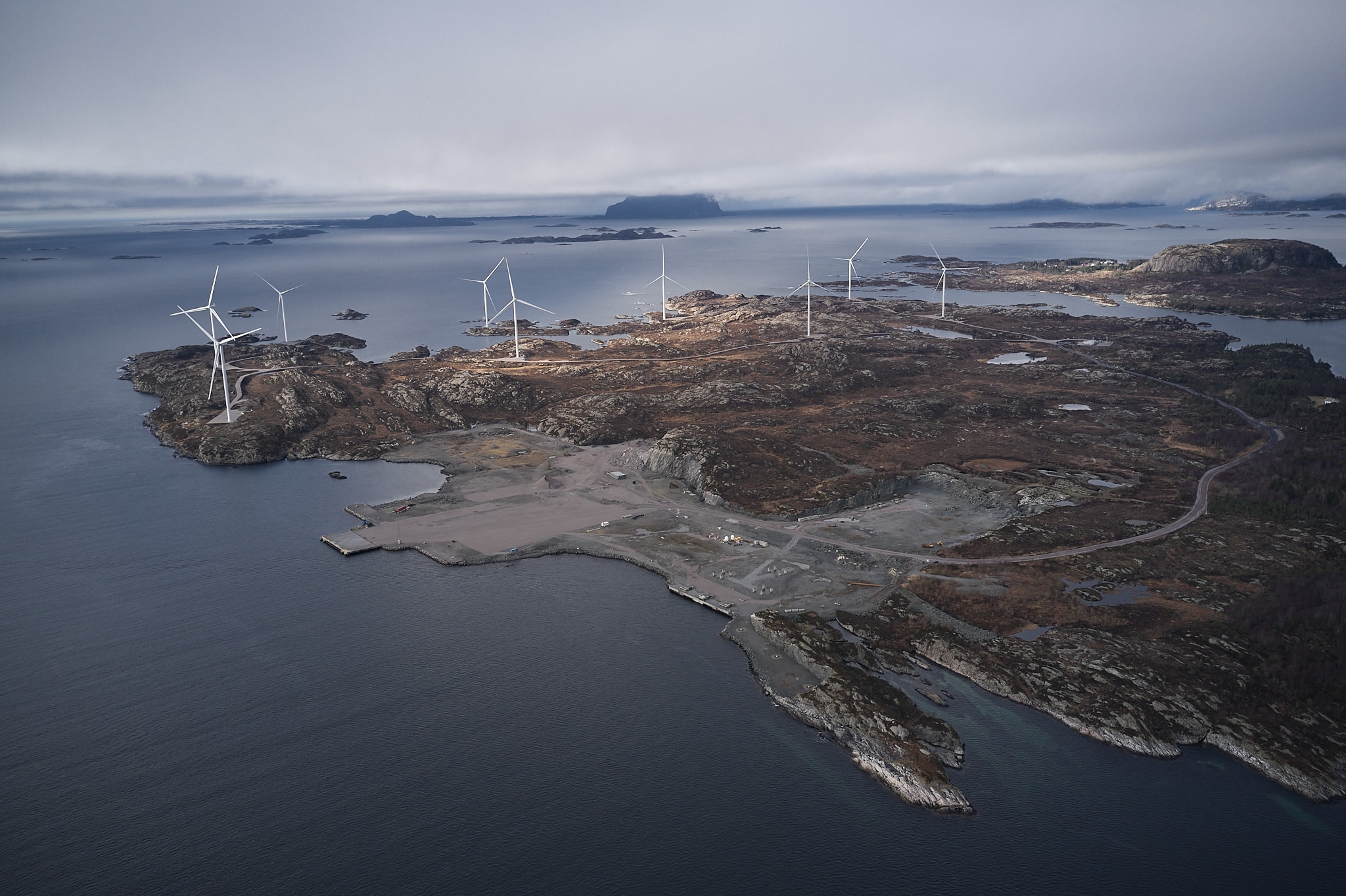
Permit for 50,000 tons Granted
Vestland County has granted Bue Salmon a license for the production of 50,000 tons of salmon at Lutelandet in Fjaler Municipality.
BackStrengthening the Foundation for Sustainable Growth
This week, Bue Salmon received its licence to produce 50,000 tons of salmon at Lutelandet. The license represents a key step in the company’s efforts to establish sustainable, large-scale land-based aquaculture.
Safe and Controlled Large-scale Production
Bue Salmon already has a license for 5,500 tons of production in Bulandet. With the new license in place, the company is now positioned to take a leading role in the development and operation of land-based aquaculture.
“This is a significant day for us at Bue. We are grateful for the constructive dialogue we have had with authorities, partners, and relevant experts during the application process,” says Knut Eikeland, CEO of Bue Salmon.
The County Governor highlights that the planned production of 50,000 tons of salmon at Lutelandet corresponds to approximately one-seventh of the current total sea-based production in Vestland County, which amounted to 344,000 tons of slaughtered fish in 2023.
“50,000 tons is a very large volume. However, the most important thing for us is to scale up safely while ensuring that neither space nor licensing becomes a limitation. We have already started a pilot project in Bulandet producing around 1,000 tons annually. It has been operational for nearly three years with great results. This shows that we are ready to take the next steps,” Eikeland elaborates.
Environmental and Operational Benefits Highlighted
In its decision, the County Governor emphasizes:
“The aquaculture industry produces seafood and creates jobs and value for Norway. From an environmental perspective, land-based aquaculture has several advantages compared to sea-based operations. The treatment of wastewater reduces the environmental footprint per ton of fish produced, particularly in terms of seabed impact on recipient ecosystems. Land-based production also has lower emissions of plastic, antifouling agents, and medications for sea lice than open sea facilities. Furthermore, this production method can reduce issues related to sea lice, thereby minimizing its impact on wild fish.”
Responsible Scale-up of Production
The license requires Bue Salmon to ensure both fish welfare and environmental sustainability. The first construction phase is currently planned with a production capacity of 12,600 tons.
“The license we have been granted demonstrates the significant scale that can be achieved through land-based aquaculture, provided we successfully manage the factors that affect fish health, welfare, and the environmental impact of production,” Eikeland concludes.
For further information, contact CEO Knut Eikeland at knut.eikeland@buesalmon.com.